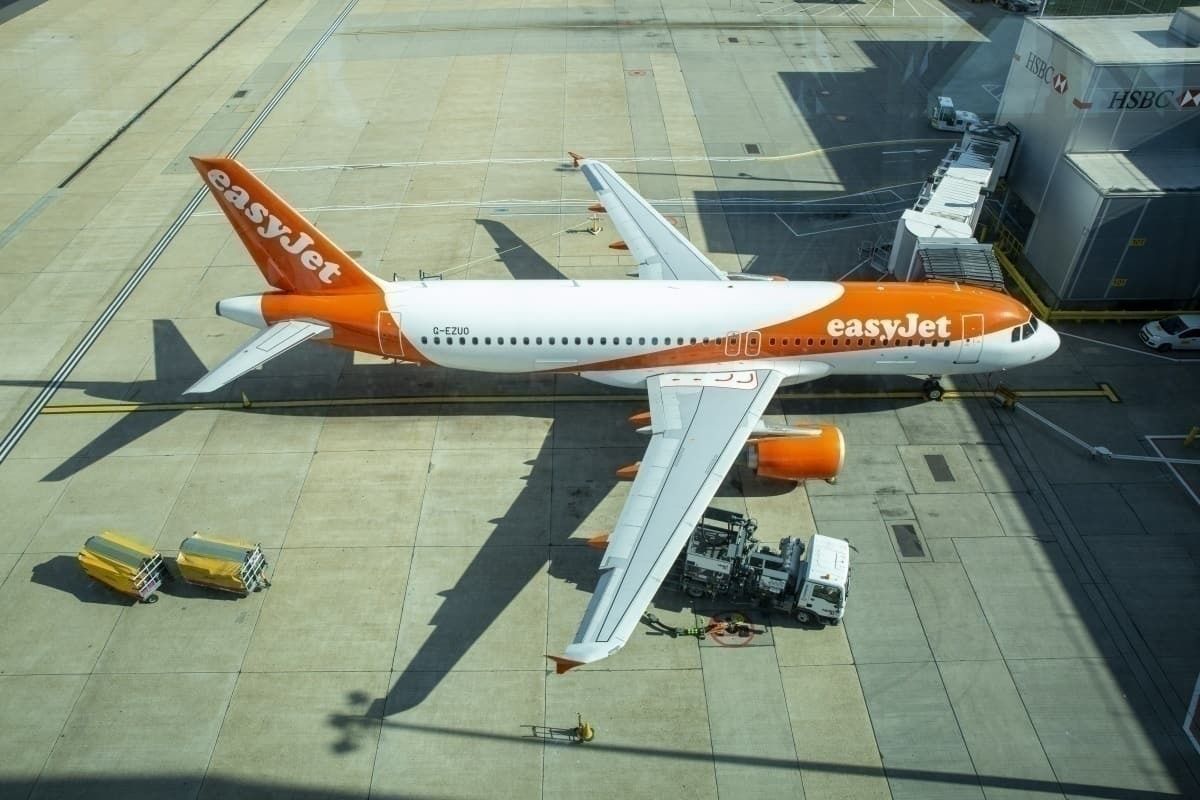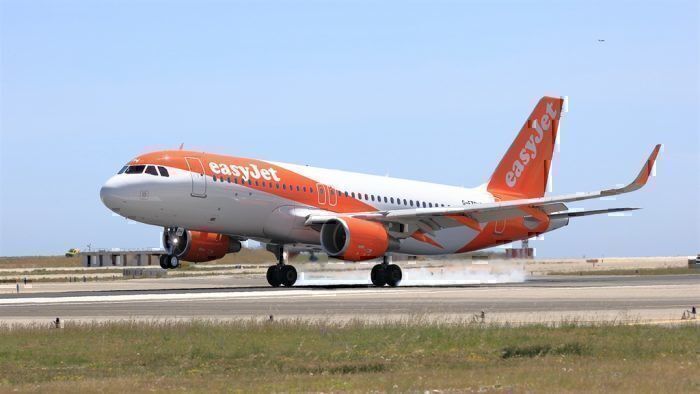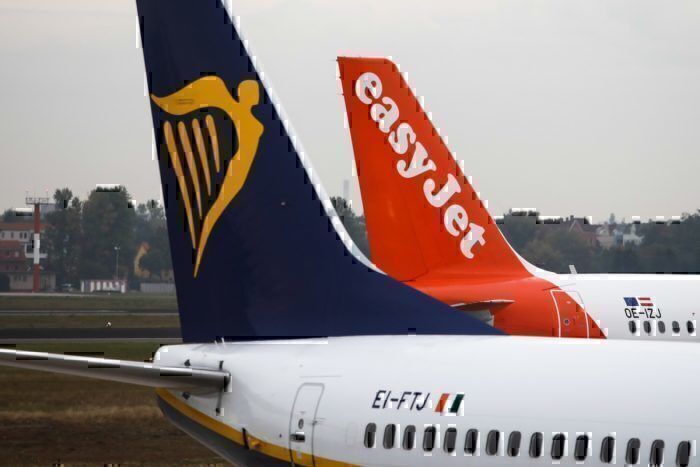On Friday morning budget carrier easyJet announced its decision to begin cancelling some of its flights due to the coronavirus outbreak. Routes affected are particularly those in and out of northern Italy.
Schedule reductions in and out of Italy
easyJet is one of the latest carriers to reduce or suspend its schedule due to the impact of the COVID-19 virus. In a statement to Simple Flying, easyJet has clarified that it is not planning on cancelling entire routes. It is merely looking at a reduction of the schedule to some destinations. Customers booked on the affected flights will be moved to another flight on the same day. The airline further states that:
“The cancellations are for some flights between 13 March and 31 March 2020, most of which have multiple daily frequencies. Customers are being contacted and moved onto flights operating on the same day or alternatively have been offered a full refund. Standard terms and conditions apply on all flights which are unaffected as they will be operating as normal.”
easyJet, along with other European carriers, has seen a significant weakening of demands and load factors in and out of its northern Italian bases. There has also been a slowing down in the rest of its European market due to the substantial recent increase in number of coronavirus cases. Italy has been the European country hit the hardest with (at the time of publishing) over 400 identified cases, 17 deaths, and 11 towns in quarantine.
Investor announcement
The airline announced its decision to begin cancelling some of its flights in an early Friday morning statement to investors via the Regulatory News Service (RNS) of the London Stock Exchange. It has convened a special cross-sectional committee to meet daily and assess the further implications of the coronavirus on its operations.
In the statement, easyJet ensures investors that it will be implementing a number of measures to offset the financial impact from the effects of the virus outbreak. These will include budget cuts in administrative areas, postponement of non-critical projects, and reallocation of aircraft for summer 2020.
Other measures that will directly impact the company’s staff are the freezing of recruitment, promotion and pay increase across the network, the offering of unpaid leave and the halting of all non-mandatory training.
Stock market shock week
As reported by the Financial Times, it was just Monday that easyJet and Ryanair led a share dip in European airline shares as the outbreak of the coronavirus in Northern Italy. Early this week easyJet shares were down 15% in London, while Ryanair stocks had dropped with 12%. IAG, the owner of British Airways, has also reported a significant fall-off in demand for Italian destinations and warned that bookings will be hit overall for 2020. Estimates show it may take up to a year for airlines to recover.
Fears that travel restrictions will impact business negatively has had a significant effect on markets worldwide. As this week comes to a close, it will be the worst overall for stock markets across the globe since the financial crisis of 2008 as the spread of the virus continues to disconcert investors.



